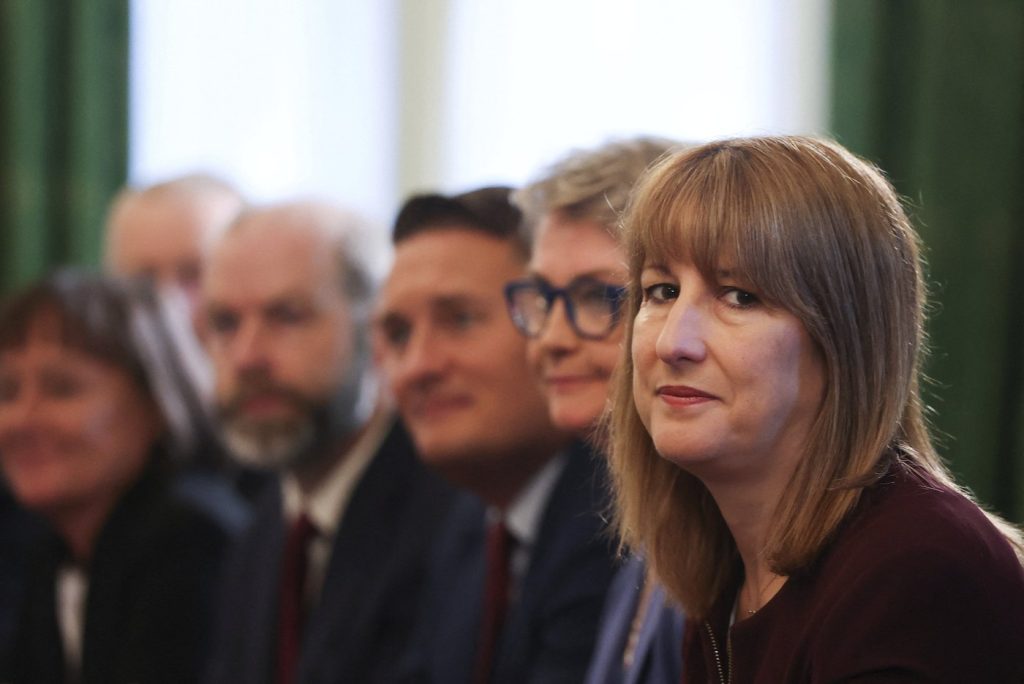LONDON (AP) — Inflation in the United Kingdom remained steady at 3.8% for the year ending in August, according to official figures released on Wednesday. This announcement came just a day before the Bank of England is expected to keep interest rates unchanged. The data from the Office for National Statistics indicated that food and drink prices have risen consistently for five consecutive months; however, there was a notable decline in airfares after a significant surge in July.
Despite inflation being nearly double the Bank of England's target rate of 2%, many economists had predicted a slight uptick in August. Persistent high inflation has contributed to a significant drop in the Labour government's poll ratings since it assumed power in July 2024. Treasury chief Rachel Reeves expressed hope that inflation will start to trend downward toward the target in the coming year. A decrease in inflation would alleviate some of the cost-of-living pressures affecting households and potentially improve the government's approval ratings.
After the inflation figures were released, Reeves acknowledged the struggles families are facing, stating, "I know families are finding it tough and that for many the economy feels stuck. That’s why I’m determined to bring costs down and support people who are facing higher bills." In the lead-up to her annual budget on November 26, Reeves is under pressure to define her economic policies. Analysts predict she may increase taxes again to boost revenues while simultaneously implementing measures to ease the cost-of-living crisis.
Critics have placed some blame on Reeves for the rising inflation this year, attributing it to her decision to raise taxes on businesses in order to address a budget deficit. The ongoing inflation situation has solidified market expectations that the Bank of England will maintain its current interest rates during the upcoming Thursday meeting. Since the Bank began cutting borrowing rates in August 2024—following a previous inflation surge that stemmed from Russia's invasion of Ukraine—it has performed these reductions gradually every three months. The reduction of the main interest rate to 4% in August led many to expect that no further cuts would occur in September.
Continuing the Bank's recent trend of rate cuts would suggest a potential decrease at the next meeting in November; however, economists are divided on whether another cut is imminent due to more persistent inflation than initially projected, influenced partly by relatively high wage increases.
James Smith, research director at the Resolution Foundation think tank, highlighted the UK's challenging economic position by stating, "Several months of disappointing data has highlighted the U.K.’s unwanted position as an international outlier for ‘sticky’ inflation, with the highest headline inflation of any G-7 economy.” This characterization underscores the difficulties the UK faces compared to other major economies in achieving lower inflation rates.










